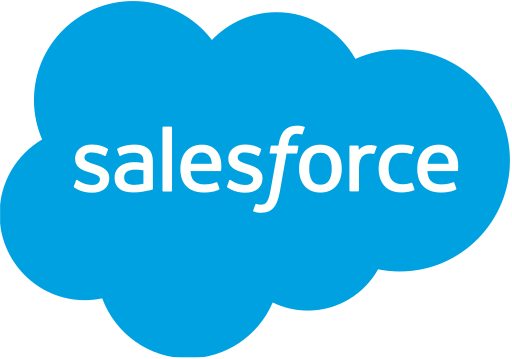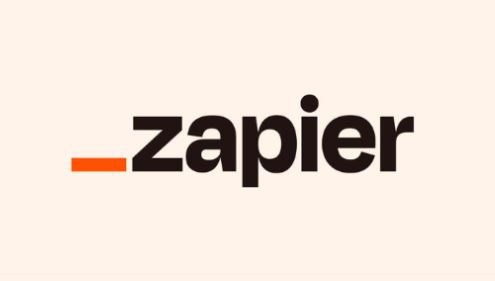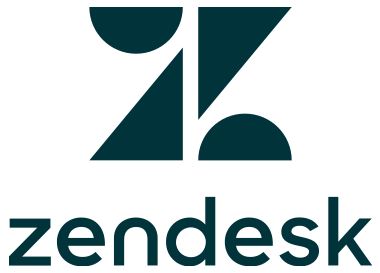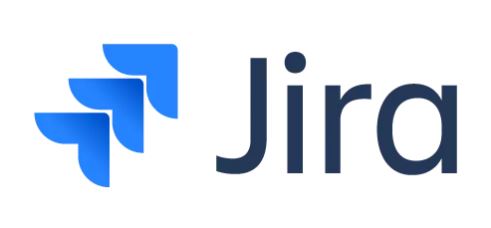Capture every plumbing request with an AI answering service for plumbers that answers instantly, prioritizes urgent issues, and schedules jobs even after hours.
AI Answering Service for Plumbers That Books More Jobs
Call our AnswerBug Demo to speak to our AI Receptionist for more info: 972-944-0311
✓ Free Trial ✓ No Credit Card Required ✓ Phone Support Included

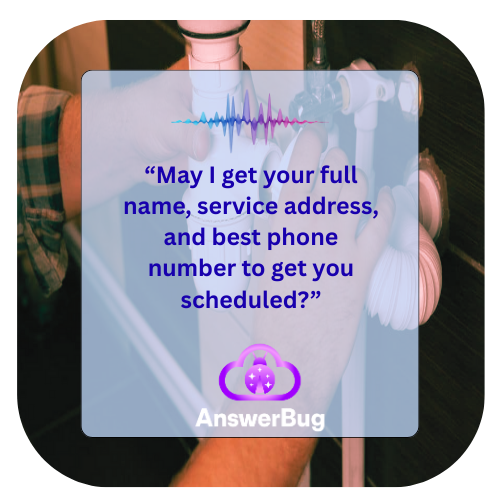
0
%
Average Missed Call Rate
For plumbing companies
0
%
Win Rate
When plumbing calls are answered live
Missed Plumbing Calls Turn Into Lost Service Jobs
When a customer calls a plumber, it is usually because something needs immediate attention. A leaking pipe, clogged drain, or water heater issue cannot wait, and most callers will contact multiple plumbers until someone answers. If your phone goes unanswered, that job is often booked with the next company that picks up. An AI answering service for plumbers ensures every call is answered instantly, capturing job details and helping customers move forward before they move on.
An AI receptionist for plumbers responds right away, gathers essential information like service address, issue type, and urgency, and helps schedule service or flag emergency calls. This keeps potential jobs from slipping through the cracks while your team is in the field or after hours. By being available around the clock, your plumbing business stays competitive and wins more service calls without adding office staff.
AnswerBug Prevents Missed Plumbing Calls From Turning Into Lost Jobs
For plumbing companies, incoming calls are rarely casual inquiries. Most callers are dealing with an urgent issue like a leak, clog, or water heater failure and want help right away. If the phone is not answered, they usually call the next plumber on their list and book whoever responds first. An AI answering service for plumbers ensures every call is picked up instantly, so urgent service requests are captured before the customer looks elsewhere.
AnswerBug acts as a reliable first point of contact, asking the right questions to understand the problem, location, and urgency. It records all details accurately and can schedule service or escalate emergency situations in real time. This allows plumbers to stay focused on jobs in progress while knowing no new opportunity is slipping through the cracks.
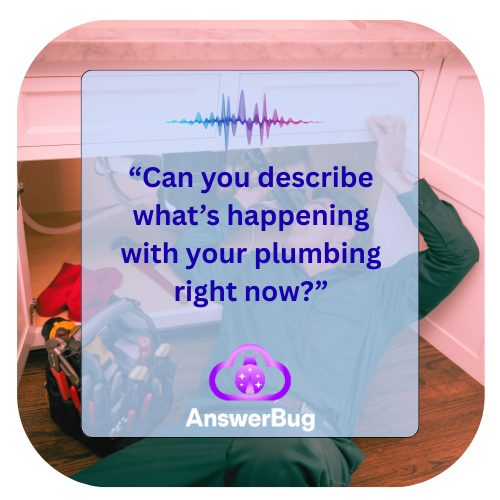
- Provides immediate, professional responses to every caller, even during nights, weekends, and peak emergency hours.
- Collects detailed plumbing issue information so technicians arrive prepared and follow-ups happen faster.
- Reduces office workload by handling intake and scheduling tasks without sacrificing call quality or consistency.
Missed Calls are Costing Your Plumbing Business How Much?
When someone calls a plumber, it’s usually because they need help right away. A dripping ceiling, backed-up drain, or broken water heater isn’t something most homeowners are willing to wait on. If your call goes unanswered, they don’t leave a message and hope for the best. They hang up and call the next plumber who picks up.
That’s why missed calls quietly cost plumbing companies real money every single week. The Missed Call Calculator helps put a number on those lost opportunities by showing how unanswered calls translate into missed service jobs and lost revenue. Instead of guessing, you can see the financial impact clearly.
Using the calculator is simple. Enter how many calls your plumbing business typically misses in a week and the average value of a completed job. In seconds, you’ll see how many bookings may be slipping away and what that adds up to over a month or a year. It’s an eye-opening way to understand how much difference better call coverage with an AI answering service for plumbers can make.
Missed Call Calculator
Calculate the true cost of every call that goes to voicemail.
$
Conservative (10%)
Aggressive (100%)
*This assumes not every caller becomes a customer. Adjust based on your team's sales performance.
Potential Lost Revenue (Yearly)
$78,000
That's $6,500 lost every month
Why Plumbers Rely on an AI Answering Service
Plumbing businesses succeed when they respond fast, stay organized, and capture urgent jobs before competitors do. Calls often come in while technicians are under sinks, in crawlspaces, or driving between jobs, making it hard to answer consistently. An AI answering service for plumbers fills that gap by handling calls professionally and instantly. This keeps work flowing without pulling plumbers away from the job site.
Always Available for Emergency Calls
Plumbing emergencies rarely happen during business hours. An AI receptionist for plumbers answers calls 24/7, ensuring leaks, backups, and water heater failures are never sent to voicemail. Customers get immediate reassurance that help is on the way. This constant availability helps plumbers win urgent jobs that others miss.
Faster Booking While Customers Are Ready to Hire
Most plumbing callers are already prepared to schedule service. AI answers immediately and moves the conversation forward instead of asking customers to wait for a callback. This speed dramatically increases the chance that the job gets booked on the first call. Faster booking means fewer lost opportunities and more filled schedules.
Handles High Call Volume Without Hold Times
Call volume can spike suddenly during freezes, storms, or neighborhood outages. An AI answering service for plumbers can handle multiple calls at once without placing anyone on hold. Every caller receives the same calm, professional experience no matter how busy things get. This prevents chaos during peak demand and protects your reputation.
Less Phone Distraction for Technicians
Constant phone interruptions slow down work and increase mistakes. AI handles intake by collecting service address, issue details, and urgency so plumbers can stay focused. Technicians receive complete job information without stopping what they’re doing. This leads to faster jobs and better customer outcomes.
Lower Office Costs Without Sacrificing Coverage
Hiring extra office staff just to cover phones can be expensive and inefficient. AI provides full-time call coverage without adding payroll or training costs. As your plumbing business grows, the AI scales automatically. This makes growth easier without increasing overhead.
More Professional First Impression
First impressions matter, especially when customers are stressed about plumbing issues. AI delivers consistent, polite, and clear communication on every call. Customers feel taken seriously from the moment they reach out. That trust makes them more likely to choose your business and call again in the future.
Work With UsFeatures: AnswerBug AI Virtual Receptionist for Plumbers
AnswerBug does much more than simply pick up the phone. These features help your AI answering service for plumbing calls manage incoming requests, gather job details, and turn more callers into scheduled service appointments.
Built Specifically for Plumbing Calls
Plumbing calls are almost always time sensitive. Homeowners usually reach out when something is leaking, clogged, or no longer working, and they want help immediately. If the call goes unanswered, they rarely wait for a callback and instead book the first plumber who responds. An AI answering service for plumbers is designed to meet that urgency by answering every call instantly and keeping potential jobs from slipping away.
AnswerBug follows plumbing specific intake flows that focus on what actually matters to your team. It gathers details like the nature of the problem, service location, urgency level, and best contact information before moving the request forward. This ensures technicians are prepared before they arrive and office staff are not stuck chasing missing information. Intake stays consistent no matter how busy the day gets.
Real time scheduling allows customers to secure service during the initial call instead of waiting for follow ups. Appointment confirmations and reminder texts help reduce missed appointments and last minute cancellations. This creates a smoother experience for customers while keeping your daily schedule predictable and efficient.
Plumbing demand can spike unexpectedly during freezes, storms, or neighborhood outages. AnswerBug can handle unlimited calls at the same time without hold queues or voicemail backups. Every caller receives immediate attention, even during peak emergency periods, helping your business stay responsive when demand is highest.
After each call, detailed summaries are created so your team has clear visibility into new requests and next steps. Reporting tools help track call volume, booking activity, and missed call recovery over time. The platform works alongside your existing dispatch or scheduling tools, making it easy to improve responsiveness, protect revenue, and grow your plumbing business without adding administrative complexity.
Frequently Asked Questions
An AI answering service for plumbers answers incoming calls automatically, gathers job details, and helps schedule service. It ensures no plumbing request goes unanswered, even when your team is busy or after hours.
The AI answers calls instantly, which is critical when customers are contacting multiple plumbers at once. Faster response increases the chances that your business is the one they choose.
Yes, the AI can identify urgent issues like leaks, backups, or water heater failures and flag them for immediate attention. This helps ensure emergency calls are prioritized correctly.
The AI asks structured questions to gather information such as the issue type, service address, urgency, and contact details. This allows plumbers to arrive prepared and follow up faster.
Yes, an AI receptionist for plumbers operates 24/7 without breaks or downtime. This helps capture jobs that would otherwise be lost outside normal business hours.
The AI can schedule service visits based on your availability or route requests to your team for follow up. This reduces delays and helps keep your schedule full.
The AI can handle unlimited calls simultaneously without putting anyone on hold. Every caller receives immediate attention regardless of call volume.
No, the AI is designed to support your staff by handling intake and routine calls. Your team remains focused on dispatching jobs and serving customers.
Yes, AI works well for solo plumbers, small teams, and large plumbing companies alike. It scales easily without adding payroll or administrative overhead.
Flexible pricing for your Plumbing Business
Starter
For small businesses that need help handling phone calls.
$49
Per month includes 200 minutes
- Customized AI Receptionist
- FAQs & Knowledge Base
- Message Taking
- SMS Appointment Links
- Email & SMS Notifications
Pro
For growing businesses looking for more advanced AI features.
$99
Per month includes 500 minutes
- Everything in Basic
- Call Transfers
- Advanced Texting
- Integrations
- Manage Multiple AI Receptionists (add on)
Easy Setup
Create your AI Answering Service For Plumbers
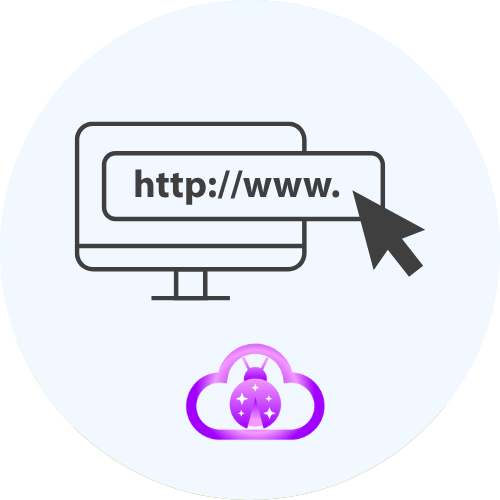
01
Create Your Account
Add your website and training material and AnswerBug AI immediately starts training on your firm.
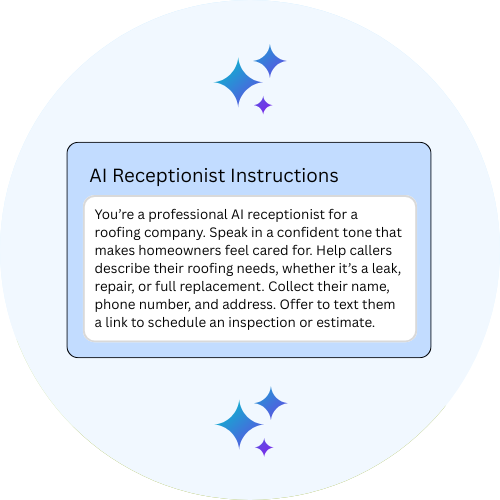
02
Tweak Your Instructions
Add a greeting, commonly asked questions, and custom instructions for alerts, texting, call transfers, and appointment scheduling.
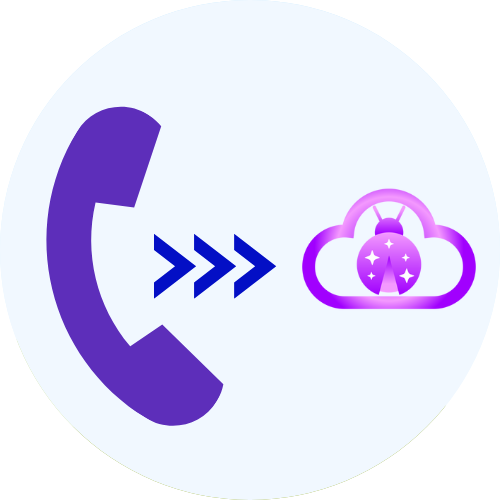
03
Forward Your Calls
Setup call forwarding or VOIP rules for when AnswerBug should answer your calls. (such as after 3 rings, after-hours, etc)













